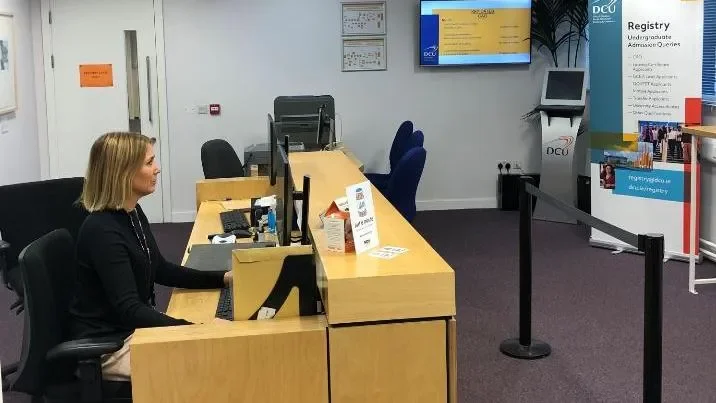

Jobs Stimulus Courses Eligibility and Fees
Who is eligible for these courses and what should I know about funding?
Eligible applicants must be ordinarily resident in Ireland and must meet the nationality and EU residency rules as aligned to Springboard+, detailed here.
Learners can only be registered on one publicly funded higher education course whether that be Springboard+, HCI Pillar 1 or July Stimulus Postgraduate or Modular courses. Learners are not permitted to be registered on two courses in the one academic year.
There are three categories of courses available at DCU under this scheme: Masters (90 ECTS), Graduate Certificates (30 ECTS) and single modules (typically 5, 10 or 15 ECTS). The information below explains which type of course people in eligible categories can apply to and the type of documentation required to support your application.
-
The Unemployed (part-time courses only)
People who are in receipt of an eligible Department of Employment Affairs and Social Protection (DEASP) payment or in receipt of Pandemic Unemployment Payments can complete part-time programmes such as the Graduate Certificate in Electronic and Computer Engineering DC890 Part Time and the single modules on offer.
You'll need to provide proof of receipt of a recognised DEASP payment.
You will not pay course fees.
-
Returners (full or part-time courses)
Returners are those who are not in receipt of a payment from the Department of Employment Affairs and Social Protection but who have been out of the work environment for a number of years due to childcare or other caring obligations. They have a previous history of employment but may require upskilling, reskilling or cross-skilling to transition back to the workforce.
To be eligible the applicant must have been:
- A Homemaker or on other caring duties for a minimum period of 9 of the previous 12 months prior to their application
- Ordinarily resident in an EU/EEA/UK/Swiss state for at least three of the five years preceding their entry to the programme
- In addition, the applicant will need to provide supporting documentation to confirm their status as a Homemaker.
- Applicants must swear a declaration before a Commissioner for attesting to their status.
It should be noted that acceptance on to a postgraduate course does not confer any entitlement to DEASP payments or childcare supports.
Returners will not pay any course fees.
-
The Employed (full or part-time courses)
Applicants who are employed will need to meet the residency requirements, i.e. that the applicant has been ordinarily resident in an EU/EEA/UK/Swiss state for at least three of the five years preceding their entry to the programme.
This category of applicant will also be required to provide a copy of their most recent ‘Employment Detail Summary’ (i.e. a payslip) or other relevant revenue documentation.
Applicants will be required to pay 10% of the course fee.
-
Formerly Self-employed (full or part-time courses)
To be eligible those who are formerly self-employed must provide a letter/statement from Revenue confirming that the applicant is no longer trading or a similar letter from the applicant's (former) accountant.
You can study a full or part-time couse.
Alternatively, a participant can swear a declaration stating that they are no longer self-employed.
Applicants will be required to pay 10% of the course fee.
-
Recent graduates (full-time courses)
Full-time Postgraduate courses are open to recent graduates. Evidence of full-time undergraduate degree course leading to a major award at level 8 on the National Framework of Qualifications in Ireland is required.
Applicants confirming their eligibility with this status will be required to pay 10% of the course fee.
Each Masters, Graduate Certificate and Single Module will also have its own course admissions requirements which you can find on the course information pages.
